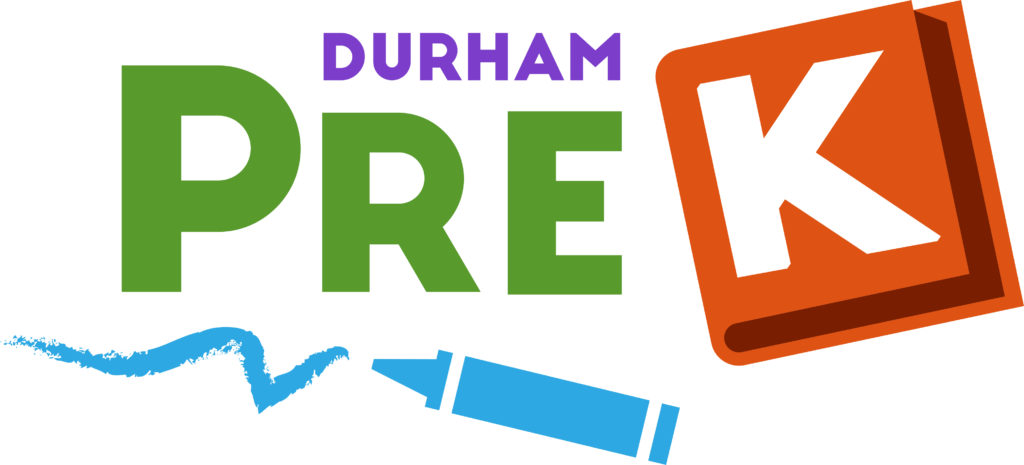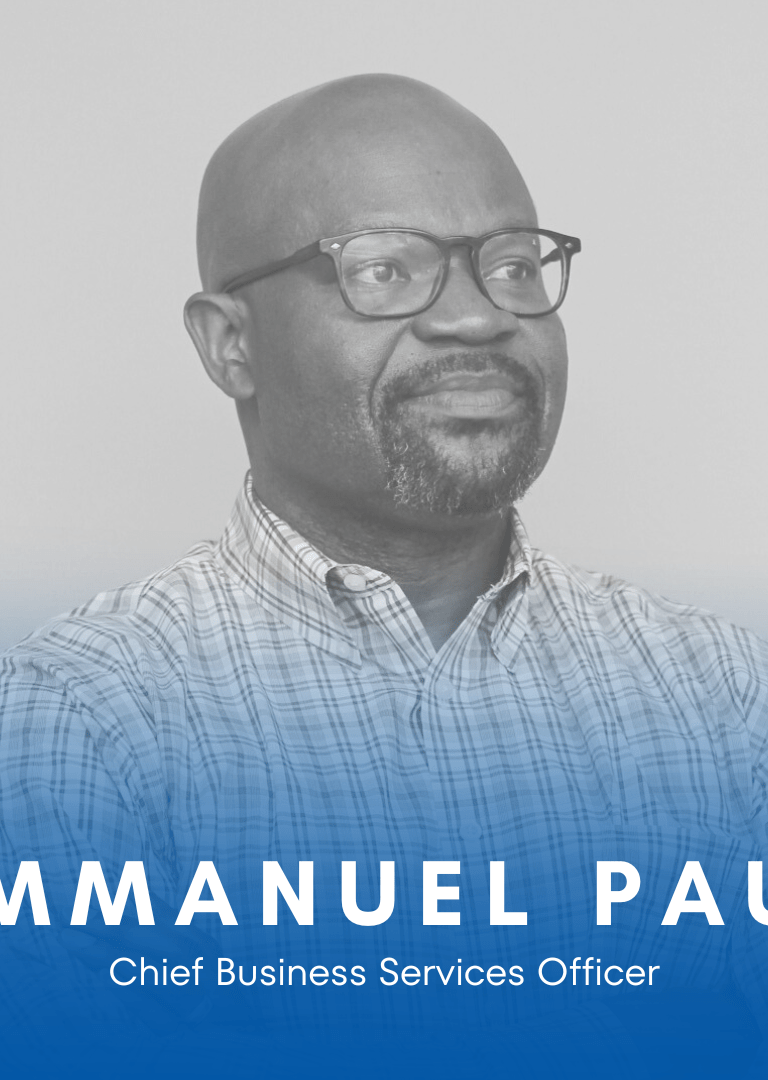This week the Best of The Triangle 2019 was published in INDYWEEK, naming most favorite activities, foods and events voted on by readers and described as the “wisdom of the crowd.” I present the Best of the Triangle as Durham PreK.
In 2018, the Durham County Commission voted to make historic local investments to open access for more 4-year old children to high quality preschool services. At a time when North Carolina’s legislators are talking about funding virtual preschool, Durham is boldly creating face-to-face opportunities for children with local funds.
A primary goal of Durham PreK is supporting the learning and development of young children to improve the quality of their lives now and in the future. We know from years of research that high quality preschool enhances children’s school readiness by providing substantial early learning, which can have lasting effects far into a child’s later years of school and life.
Research finds high quality preschool programs can accomplish this goal by producing large and lasting gains in outcomes such as “achievement, educational attainment, personal and social behavior (e.g., reductions in crime), adult health, and economic productivity.”[1] These gains are broad and last long into adulthood.
The importance of funding pre-K in Durham
At CCSA, our research found there are six low-income preschool children for every one publicly funded preschool space in Durham through programs such as NC Pre-K, Durham Public Schools and Head Start.
Currently, more than 25% of Durham census tracts with more than 50 low-income preschoolers have no publicly funded preschool slots. In a random survey of approximately 2,000 Durham parents, 92% of parents rated cost-free preschool as desirable or essential. [2]
Durham PreK benefits the community
While a child’s success in school and life addresses our society’s greater good, children from lower-income households are often left behind, furthering inequality and setting the stage for the achievement gap that persists through high school. As a vibrant, growing community, Durham recognizes the short- and long-term benefits of attendance in a high quality early childhood program for children, their families and the community.
These benefits range from reduced need for special education services or remedial support during the K-12 years to increased tax revenue and reduced dependency on government assistance in adulthood. Researchers quantified these benefits and found a return on investment of $3-$13 for every dollar invested in early childhood. Even at the low end of this estimate, this is a significant return.
With an abundance of evidence that high-quality universal preschool could reduce the disparities in skills among subgroups of children at kindergarten entry, Durham’s policymakers are focusing considerable resources on the development and expansion of quality preschool programs for 4-year-olds.[3]
Durham PreK will help improve the quality of early education in Durham County by improving classroom instruction, supporting family engagement and building capacity for high quality through practice based coaching, while expanding access to publicly funded preschool services for all the county’s 4-year-olds. A critical component of this initiative is the implementation of preschool classrooms in diverse settings, including public schools and community-based programs. Durham PreK provides teachers and directors with regular coaching and professional development on cultural competence and social-emotional learning and conducts quality improvement activities to enhance children’s classroom experiences.
Unlike many programs around the country, Durham PreK requires teachers hold a Birth to Kindergarten teaching certificate and that they be paid at the same salary level as teachers in Durham Public Schools. Durham PreK places this emphasis on the teachers’ compensation to attract and retain the most qualified teachers.
Our overall goal in Durham is to improve the quality of and access to preschool programs for more children. We started with an ambitious two-year plan that runs through July 2020. We know this will be a journey that builds each year until we can serve all Durham’s children and ensure their life-long success. Durham PreK plans to stay Best of the Triangle.
[1] Phillips, D.A., Lipsey, M.W., Dodge, K.A., Haskins, R., Bassok, D., Burchinal, M.R.,…Weiland, C. (2017). Puzzling it out: The current state of scientific knowledge on pre-kindergarten effects, a consensus statement. Washington, DC: Brookings Institution. Downloaded July 24, 2017 from https://www.brookings.edu/wp-content/uploads/2017/04/consensus-statement_ final.pdf
[2] Durham Supply and Demand Study, Child Care Services Association, (2018). https://www.childcareservices.org/research/research-reports/early-childhood-system-studies/
[3] Phillips, D. A., et al. (2018). The changing landscape of publicly-funded center-based child care: 1990-2012. Children and Youth Services Review, 91, 94-104; Cascio, E. U. (2017). Does universal preschool hit the target? Program access and preschool impacts. Cambridge, MA: National Bureau of Economic Research; Yoshikawa, H., et al. (2013). Investing in our future: The evidence on preschool education. New York: Society for Research in Child Development and the Foundation for Child Development.



